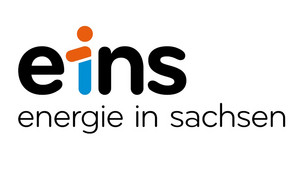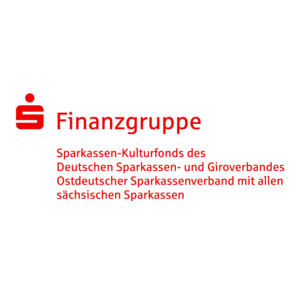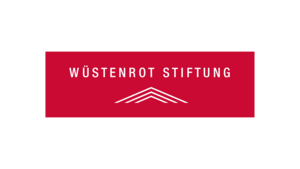Interested citizens once again have the opportunity to submit ideas for micro-project funding from now until 2 March 2025. Creative projects in Chemnitz and the 38 municipalities in the Capital of Culture region that strengthen civic engagement and promote dialogue and a sense of community will be supported with up to 2,500 euros. Projects with a European dimension can receive up to 3,000 euros.
This participatory project for citizens was initiated by the city of Chemnitz back in 2017 and is entering its 15th funding round in the Capital of Culture year. Thanks to the commitment of eins energie in sachsen GmbH & Co KG as the main sponsor of the European Capital of Culture Chemnitz 2025, the funding amount will be increased in this final micro-project round, so that a total of 100,000 euros will be awarded to projects in Chemnitz and the Capital of Culture region.
Join in
Access to micro-project funding is very low-threshold. Individuals as well as associations and other initiatives can apply via an online platform on the Chemnitz 2025 website. A personal contribution to the funding is not required. The projects submitted will be assessed by an eight-member jury according to defined criteria. The decision will be announced in April.
Since 2017, 195 micro-projects have already been funded, such as the Chemnitz Bicycle Cinema initiative, a temporary restaurant of goodwill and an international chess tournament in a historic cable car.
Further information on the micro-projects and the application process as well as the link to the platform can be found atwww.chemnitz2025.de/mikroprojekte/. Behlül Taskingül will answer any questions by telephone on 0371 33563100 and in writing by e-mail at mikroprojekte(at)chemnitz2025.de.










































